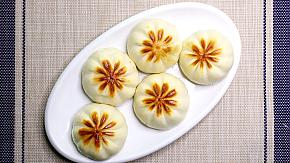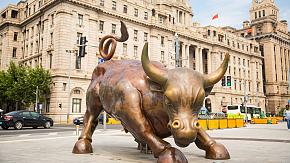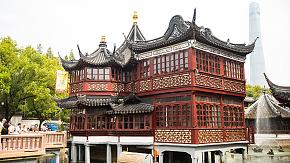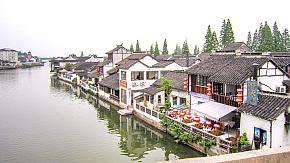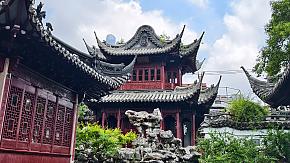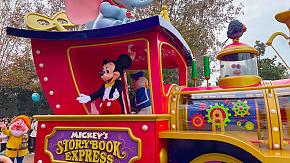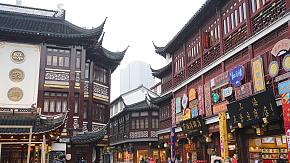Explore the Shanghai Museum: Your Essential Visitor's Guide
The Shanghai Museum is the most comprehensive collection of relics celebrating Chinese culture from the Qing Dynasty. You'll find 5,000 years' worth of meticulously preserved and displayed artifacts, art, and cultural items that will paint a picture of Chinese history in an immersive and entertaining way. Split into two sections, the Shanghai Museum on People's Square and the Shanghai Museum East, this must-visit destination is an essential part of your Shanghai itinerary.
Essential Information for Visiting the Shanghai Museum
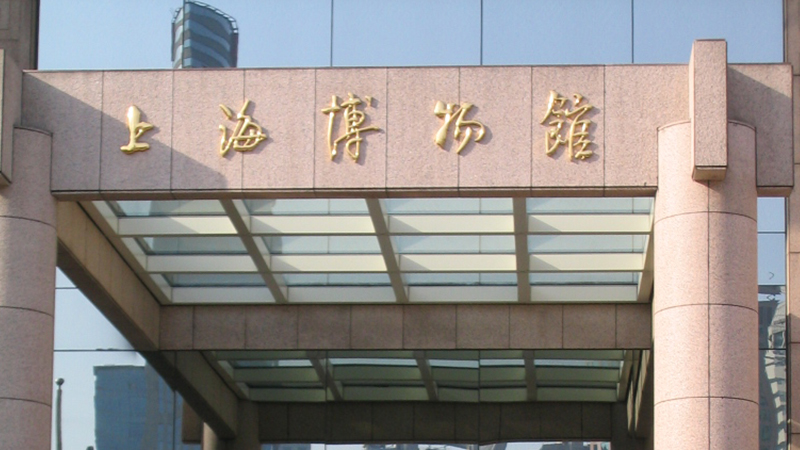 Entrance of Shanghai Museum
Entrance of Shanghai Museum
You can visit the Shanghai Museum any time of year, and it's free with an online reservation. Plus, it's straightforward to get to via the Metro Lines 1, 2, and 8 or the sightseeing bus 1 or 2. Plan to spend between two and three hours touring each museum building. If you find yourself short on time, you can choose the branch close to other attractions you want to see, but it is well worth seeing both areas if possible, and you can get a shuttle for 4 RMB between the museums. Shuttles run every half an hour.
Location:
- The Shanghai Museum of People's Square is located in Puxi at People's Square, next to the Nanjing Road Pedestrian Street. It's close to other attractions like Xintiandi and the Bund, making it convenient if you want to see them.
- The Shanghai Museum East is in the Pudong New Area, very close to the East Branch of the Shanghai Library, Lujazui, and the Shanghai Science and Technology Museum.
Opening hours: The Shanghai Museum of People's Square is open between 9 a.m. and 5 p.m. every day except Monday, and the Shanghai Museum East is open between 10 a.m. and 6 p.m. every day except Tuesday.
Entrance Ticket: Free with an online reservationUnderstanding the Two Shanghai Museums
Xu Xiabobo, the Shanghai Museum Director, described the difference between the two museums as follows: "The East Building is the world looking at China, and the Main Building is China looking at the world.” While both museums complement each other, they are certainly different. The People's Square Museum focuses on Ming and Qing art and furniture, and the East Museum boasts several galleries that feature fine art, sculpture, and calligraphy.
Highlights of the Shanghai Museum on People's Square
If you want a fantastic overview of the Ming and Qing styles and a better understanding of two dynamic dynasties that shaped Chinese history, this branch will certainly satisfy you. Complete with a permanent furniture installation, an ethnic crafts gallery, and rotating special exhibits, it's a grand look into Chinese culture and style.
Ming and Qing Furniture Gallery
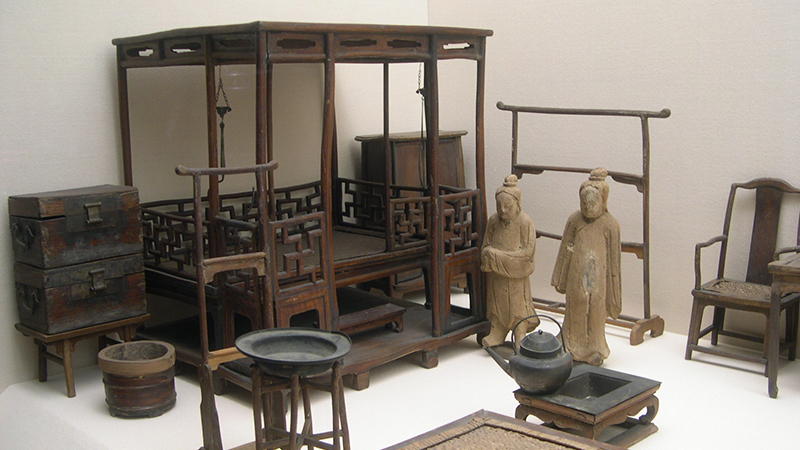 Ming and Qing Furniture Gallery
Ming and Qing Furniture Gallery
Visitors can step back in time to the sophisticated ages of the Qing and Ming dynasties with this special exhibit, which features 100 unique pieces of furniture. With meticulously designed room recreations and fully restored pieces, you'll be able to see how this iconic furniture functioned for real-life Chinese royalty.
Guests can take a complimentary guided tour of the Ming and Qing galleries, which is perfect for better understanding the history of each piece and how it fits into the day-to-day lives of these important rulers.
The Chinese Minority Nationalities' Art Gallery
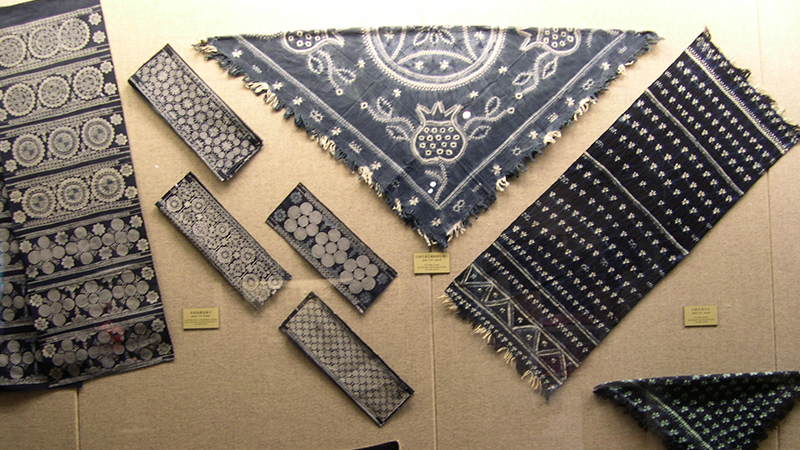 Tie-dye, a method used by minorities
Tie-dye, a method used by minorities
The other essential area to visit in the Shanghai Museum on People's Square is the Chinese Minority Nationalities Art Gallery, which features clothing, headpieces, plates and bowls, and furniture from different ethnic groups across China. With over 600 pieces of everyday and ceremonial items, including masks and fine embroidery, this unique area will certainly enhance your understanding of China's rich cultural tapestry.
Special Exhibit: All That Glitters Chinese Cloisonne
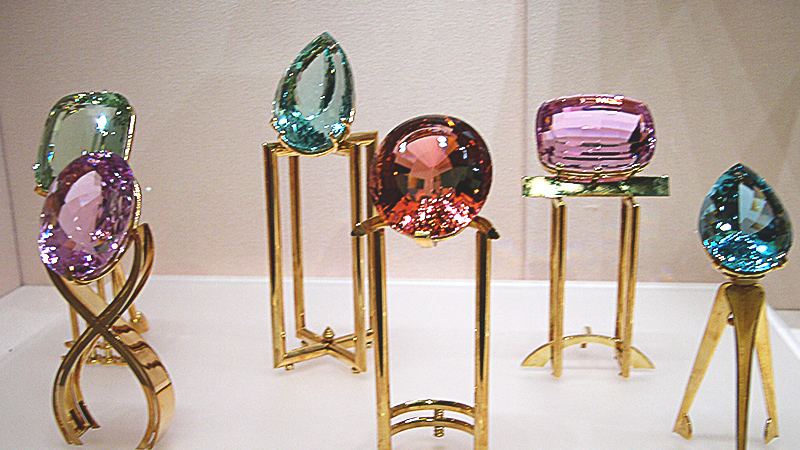 Crystals in Shanghai Museum
Crystals in Shanghai Museum
This special exhibit features pieces from Robert Chang's Collection of pristine Chinese Cloisonne enamel. It is an elegant collection of Jingtai and Ming Dynasty artifacts, with fifty-five pieces from 40 different sets. It's one of the finest examples of this type of art in the world.
Highlights of the Shanghai Museum East
Shanghai Museum East features a full eight galleries of exquisite artifacts, including paintings, bronze works, ceramics, and jade. You'll find fantastic pieces, like Huaisu's Bitter Bamboo Scroll, Wang Xizhi's Shangyu Scroll, and Wang Xianzhi's Duck-Head Pill Scroll that really showcase the talent of Chinese artists.
Chinese Jade Gallery
You'll find painstakingly carved jade figurines depicting important characters from Chinese history and protective amulets in this hall.
Ceramics Gallery
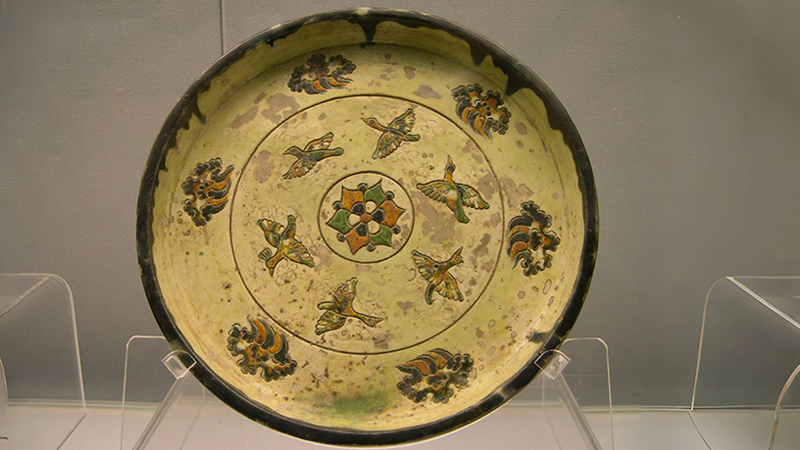 Ceramics plates in Shanghai Museum
Ceramics plates in Shanghai Museum
This gallery features a collection of Eastern Han-era green-glazed porcelain and contains some of the museum's oldest artifacts from the Tang, Ming, Qing, and Song dynasties.
Numismatics Gallery
This rare collection of copper-alloy coins dates back to the pre-Qin era. You'll also find more modern forms of currency, like silver pieces and banknotes.
Bronze Gallery
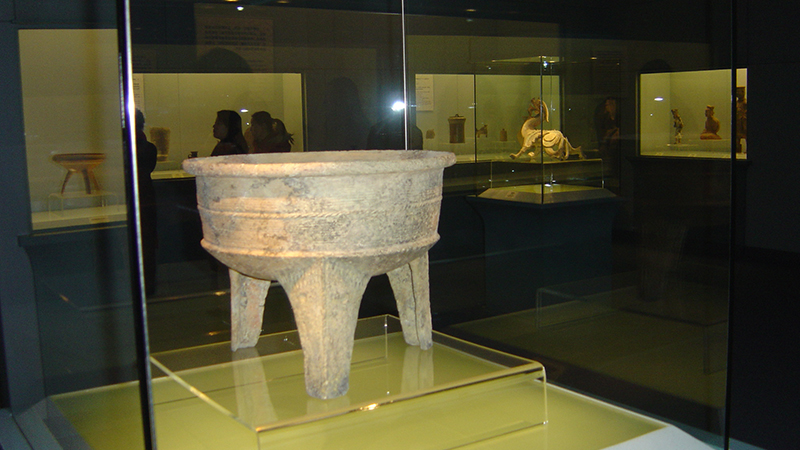 Bronze artifact in Shanghai Museum
Bronze artifact in Shanghai Museum
Visitors can explore some of China's ancient ritualistic items in this gallery, as our ancestors would have used bronze vessels for offerings and other spiritual matters.
Sculpture Gallery
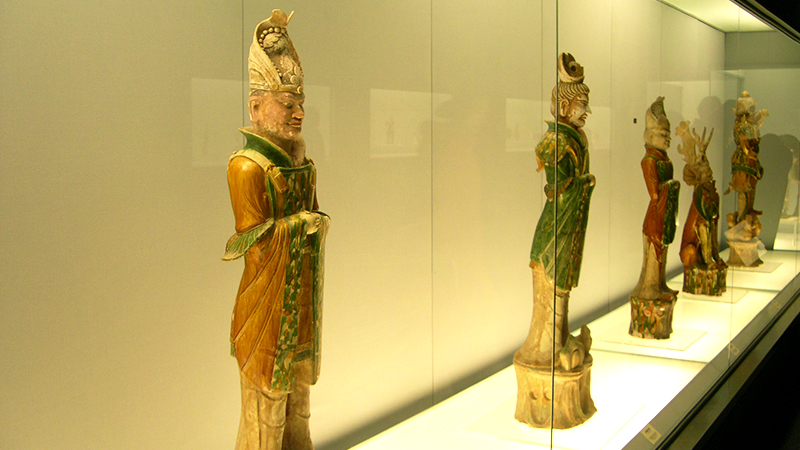 Sculptures kept in Shanghai Museum
Sculptures kept in Shanghai Museum
The museum is full of fantastic sculptures from multiple dynasties, including Xia, Zhou, Wei, Jin, Shang, Han, and Qin. Visitors can see how the art of sculpture evolved over the ages in China.
Seal Gallery
For thousands of years, seals have been an integral part of Chinese life. They have been used for everything from personal identification to the indication of official state or royal business. These seals are gorgeously detailed and preserved in the gallery.
A Towering Treasure House: Relics of the Yuanying Pagoda and the Nature & Art Special Exhibition
The Yuanying Pagoda is an ancient treasure from 1388, and this installation celebrates the relics uncovered there. Visitors can see 1,000 complete artifacts, including religious vessels. The Nature & Art Special Exhibition is another must-see installation, with Jiangnan stone landscapes and beautiful bonsai presentations that reflect the perfect marriage of art and nature.
Travel Tips for Visiting Each Museum
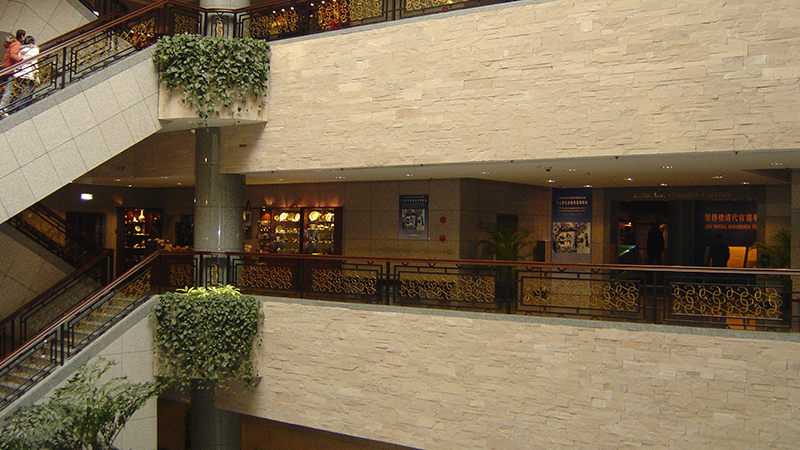 Inside the Shanghai Museum
Inside the Shanghai Museum
You can see both parts of the museum on the same day, or choose the part of the museum you want to visit and pair it with other activities in the same district. We can help you map out an itinerary that works for you. The museums are wheelchair accessible, and if you need to rent a wheelchair, you can do so at the ticket booth. There are also places to store your luggage for a small security deposit fee.
Although museum tickets are free, reserving your space online up to seven days in advance is important. Although there are places to grab a bite to eat in each museum, eating or drinking in exhibit halls is strictly forbidden.
Guests can enjoy an audio guide to help them better understand the exhibits. You can choose between English, Chinese, Japanese, French, Italian, Korean, German, or Spanish. Audio guides cost 40 RMB, but guests must deposit a refundable 400 RMB upon borrowing them.
Immerse Yourself in Chinese Culture and History
The Shanghai Museum is the best way to fully understand and appreciate Chinese history and culture through impressive, comprehensive exhibits that span the centuries. At China Odyssey Tours, we can help you plan your Shanghai itinerary. Email us at trip@odynovotours.com to get started today.
Related Posts You May Like
What Our Clients Say
"Great Customized Service", "Trip of A Lifetime", "Exceed All Expectations"


